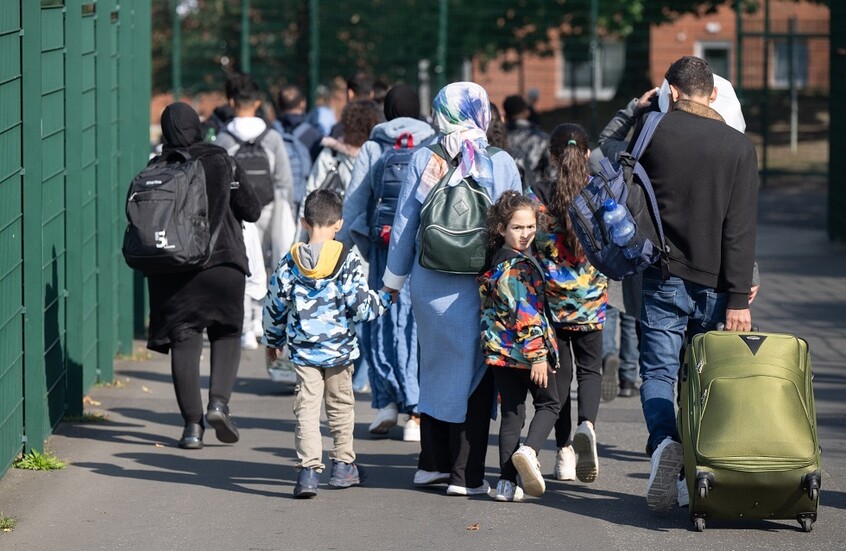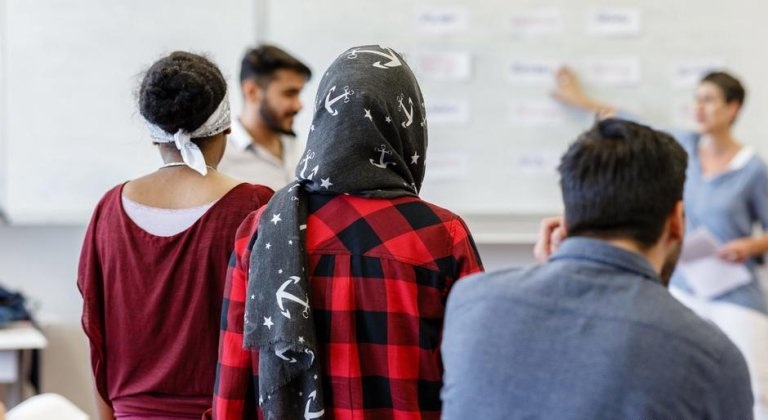A report by the Institute for Strategic Dialogue (ISD) on extremism highlights a rise in xenophobic incidents in Ireland. The report tracks incidents of racial abuse, hatred, intimidation, and violence targeting migrants and asylum seekers. It also points out that social media platforms often fail to enforce their own terms of service, which, in turn, fuels these racist incidents.
The institute documented 61 incidents targeting foreigners, including immigrants and asylum seekers, in Ireland over the past three months—an average of more than one incident every two days. The actual number of incidents across the country is likely higher than those recorded.
Aoife Gallagher, the report’s author, stated that 70% of the incidents were “filmed by the perpetrators themselves,” as they often expect to evade punishment or prosecution. Many even post the footage on social media under their real names.
The report documented three incidents where a group of volunteers assaulted a migrant accused of child abuse, despite no evidence supporting the accusations. It also highlighted the increasing harassment of asylum seekers living in shelters.
Some individuals also film asylum seekers in shelters and post the videos online. These incidents violate asylum seekers’ right to anonymity under international protection laws. Gallagher noted, “There is a lack of police action to prosecute individuals engaging in this behavior, even when they openly post evidence of their crimes online under their real names.”
The report documented 19 incidents against asylum seekers that occurred near shelters, and 17 incidents near camps where homeless asylum seekers live. Among these incidents, extremists set fire to asylum seeker camps in two separate cases in Kilmacud, south Dublin, and in Coolock, north Dublin. The extremists also posted videos online showing them confronting asylum seekers at both locations.
According to a report by the Institute for Security Studies, one individual was responsible for 40% of the recorded video incidents. “Despite repeated bans,” Gallagher explained, “the accused kept creating new TikTok accounts to continue posting his content. In many cases, he evaded detection by making minor changes to his username, such as altering a single letter or number.”
According to the Irish Immigration Service, this individual has created 16 TikTok accounts and was previously banned from X for inciting violence. After the ban, he created a new account to post content that directly threatened violence against foreigners, which has since been viewed by six million people.





